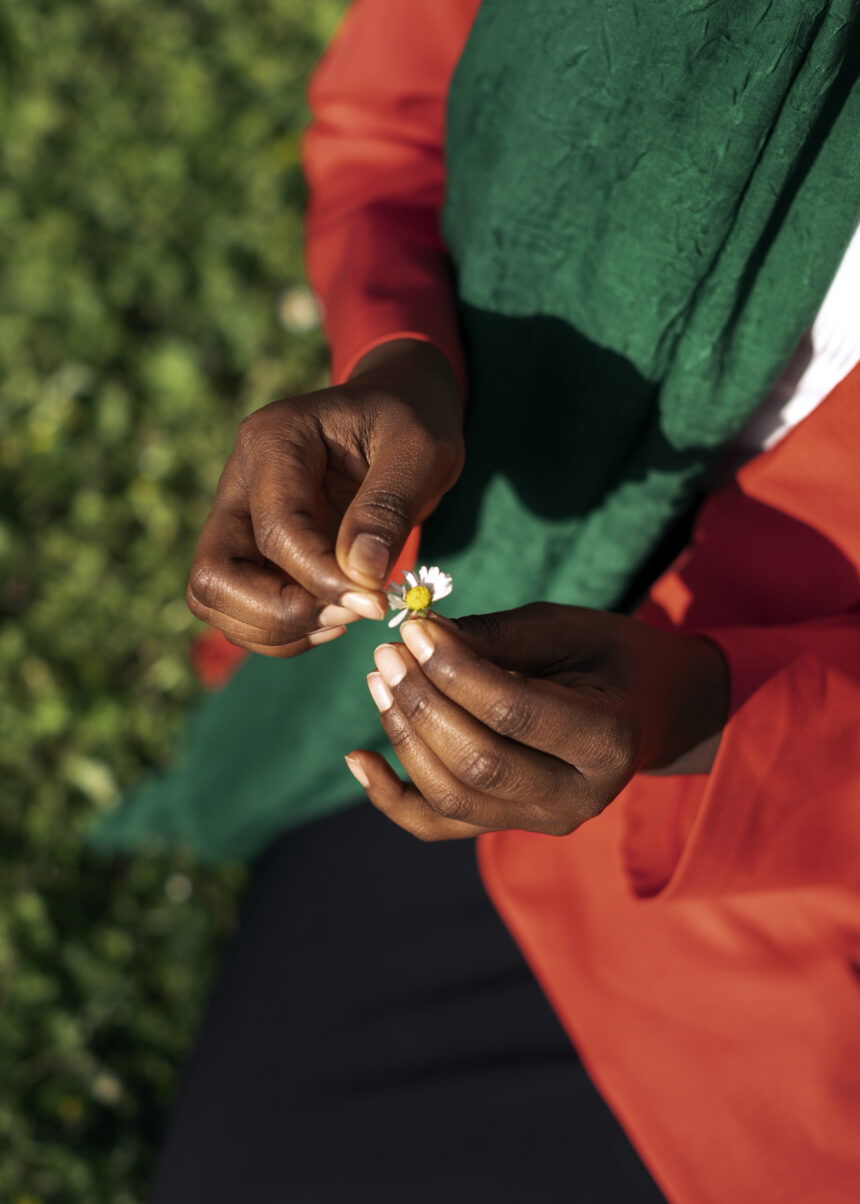Cold and flu are common respiratory illnesses that can cause significant discomfort and disrupt daily life. In South Africa, where seasonal changes and close interactions facilitate the spread of these infections, it is crucial to adopt preventive measures and effective management strategies. By focusing on boosting immunity and practicing good hygiene, individuals can minimize the risk of contracting cold and flu viruses and manage symptoms effectively. In this article, we will explore some strategies for preventing and managing cold and flu in South Africa.
- Boosting Immunity:
a. Balanced Diet: A well-balanced diet plays a fundamental role in supporting a strong immune system. Include a variety of fruits, vegetables, whole grains, lean proteins, and healthy fats in your meals. These foods provide essential vitamins, minerals, and antioxidants that support immune function.
b. Adequate Hydration: Staying hydrated helps maintain the body’s natural defenses. Aim to drink plenty of water throughout the day to keep your respiratory system and mucous membranes properly hydrated.
c. Regular Exercise: Engaging in regular physical activity can strengthen the immune system. Exercise improves blood circulation, reduces stress, and promotes the production of immune-boosting cells.
d. Sufficient Sleep: Prioritize quality sleep to support optimal immune function. Aim for 7-9 hours of sleep each night to allow your body to repair and rejuvenate.
e. Stress Management: Chronic stress can weaken the immune system. Explore stress management techniques such as meditation, deep breathing exercises, and engaging in hobbies to reduce stress levels.
- Hygiene Practices:
a. Hand Hygiene: Proper hand hygiene is crucial in preventing the spread of cold and flu viruses. Wash your hands frequently with soap and water for at least 20 seconds, especially before eating, after using the restroom, and after coughing or sneezing. If soap and water are not available, use an alcohol-based hand sanitizer.
b. Respiratory Hygiene: Cover your mouth and nose with a tissue or your elbow when coughing or sneezing. Dispose of used tissues immediately and wash your hands afterward. Avoid touching your face, as this can transfer viruses from contaminated surfaces to your respiratory system.
c. Disinfection: Regularly clean and disinfect frequently touched surfaces and objects, such as doorknobs, light switches, and cell phones. Use an appropriate disinfectant or a mixture of water and bleach to ensure effective disinfection.
d. Avoid Close Contact: Minimize close contact with individuals who have cold or flu symptoms. If you are experiencing symptoms, it is important to stay home to avoid spreading the infection to others.
- Symptom Management:
a. Rest and Fluids: Adequate rest allows your body to recover and fight off the infection. Stay hydrated by drinking plenty of fluids, such as water, herbal teas, and clear broths.
b. Over-the-Counter Medications: Over-the-counter medications, such as pain relievers, decongestants, and cough suppressants, can provide temporary relief from cold and flu symptoms. However, it is essential to follow the instructions and consult a healthcare professional if symptoms persist or worsen.
c. Warm Saltwater Gargles: Gargling with warm saltwater can help relieve a sore throat and reduce inflammation. Mix half a teaspoon of salt in a glass of warm water and gargle several times a day.
d. Steam Inhalation: Inhaling steam from a bowl of hot water or using a humidifier can help soothe nasal congestion and alleviate breathing difficulties.
e. Medical Consultation: If symptoms worsen or persist for an extended period, seek medical advice. A healthcare professional can provide a proper diagnosis, recommend appropriate medications, and offer guidance tailored to your specific condition.
By incorporating these preventive measures and management strategies into your daily routine, you can significantly reduce the risk of contracting cold and flu viruses and effectively manage symptoms if they occur. It is important to remember that these strategies should be implemented in conjunction with the guidance of healthcare professionals and adhere to national health guidelines and regulations.
In conclusion, preventing and managing cold and flu in South Africa requires a combination of immunity-boosting practices and effective hygiene measures. By adopting a healthy lifestyle, practicing good hygiene, and seeking appropriate medical advice when needed, individuals can protect themselves and their communities from the spread of these common respiratory infections.










